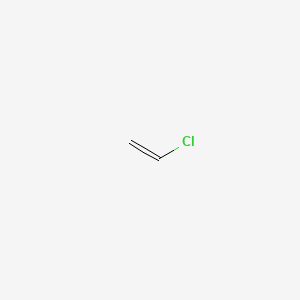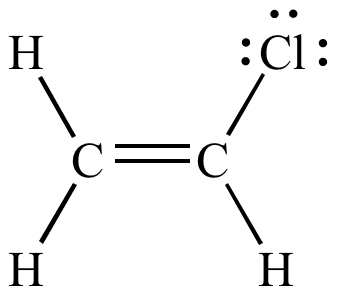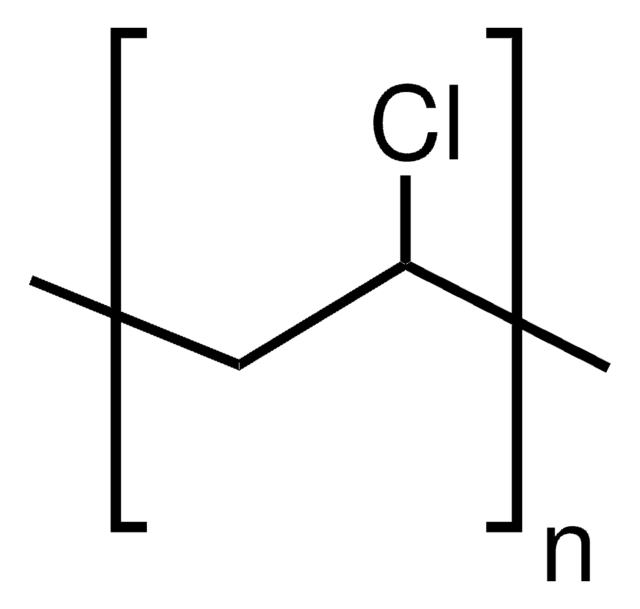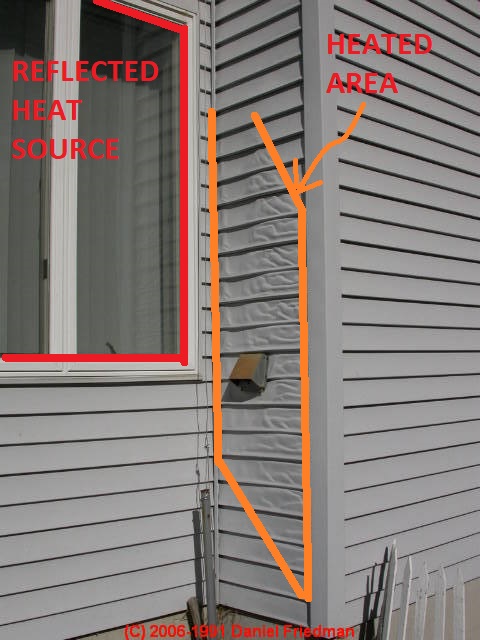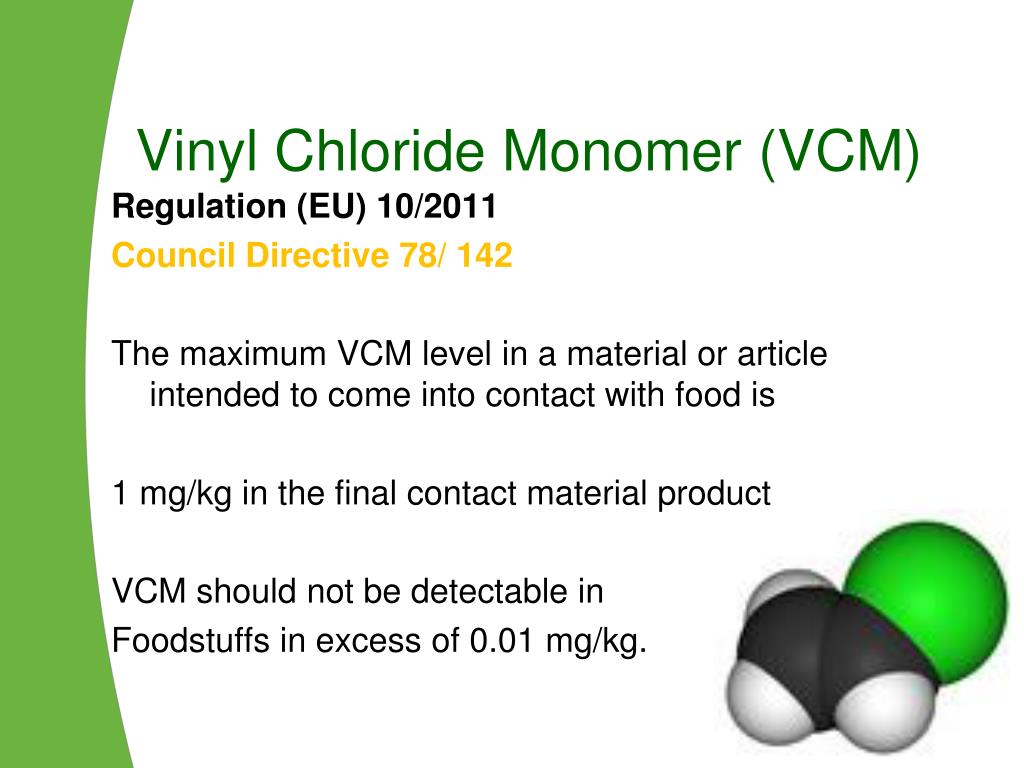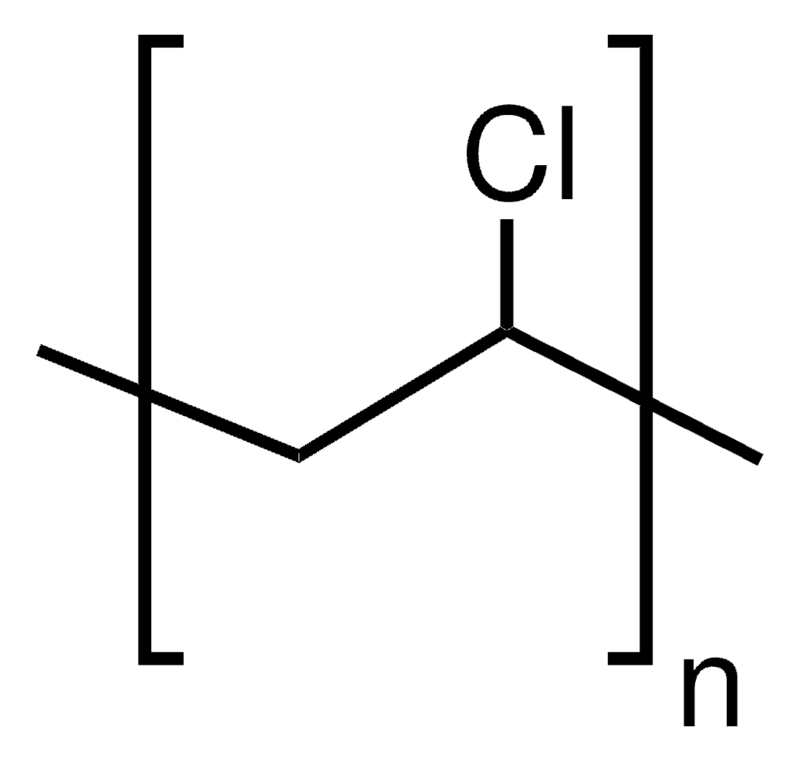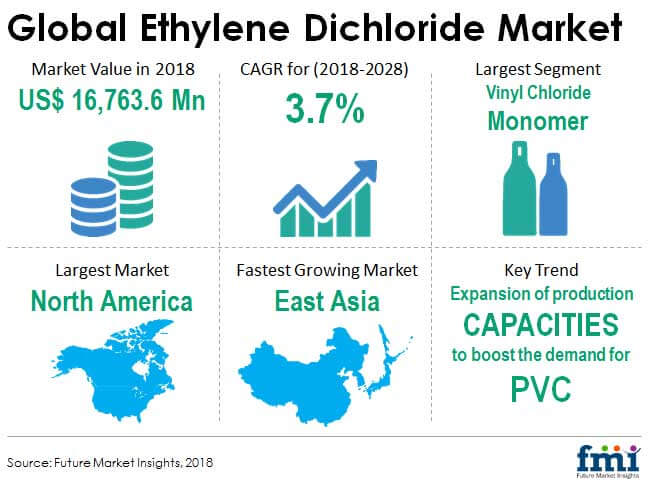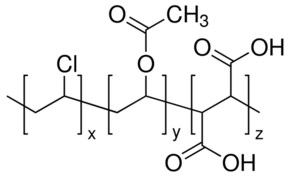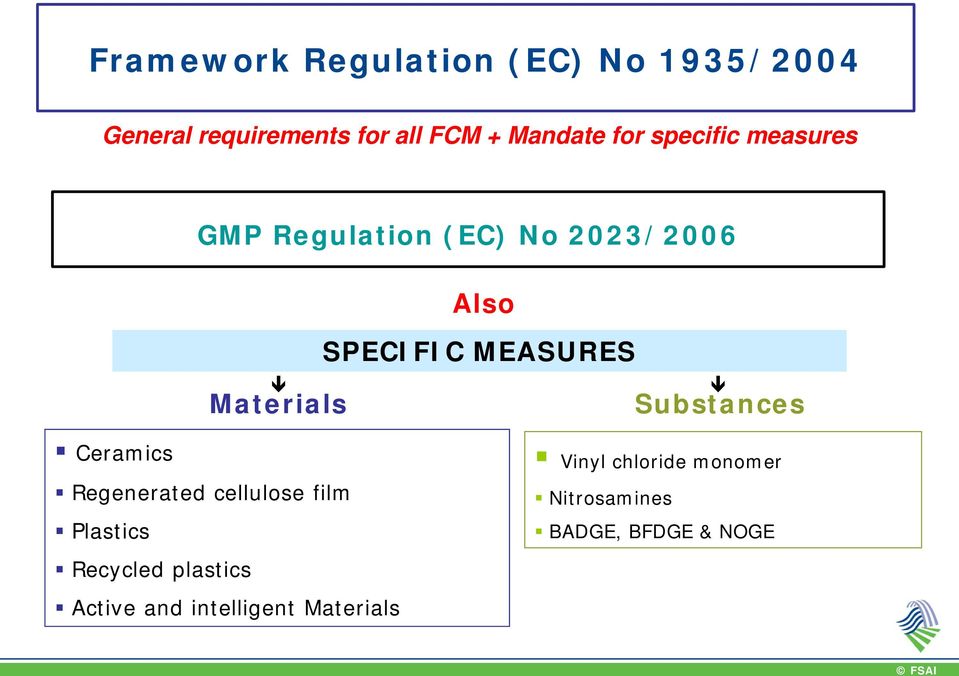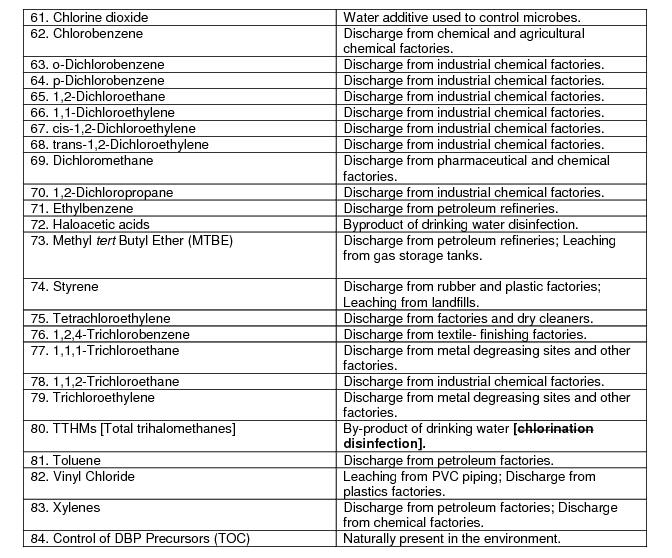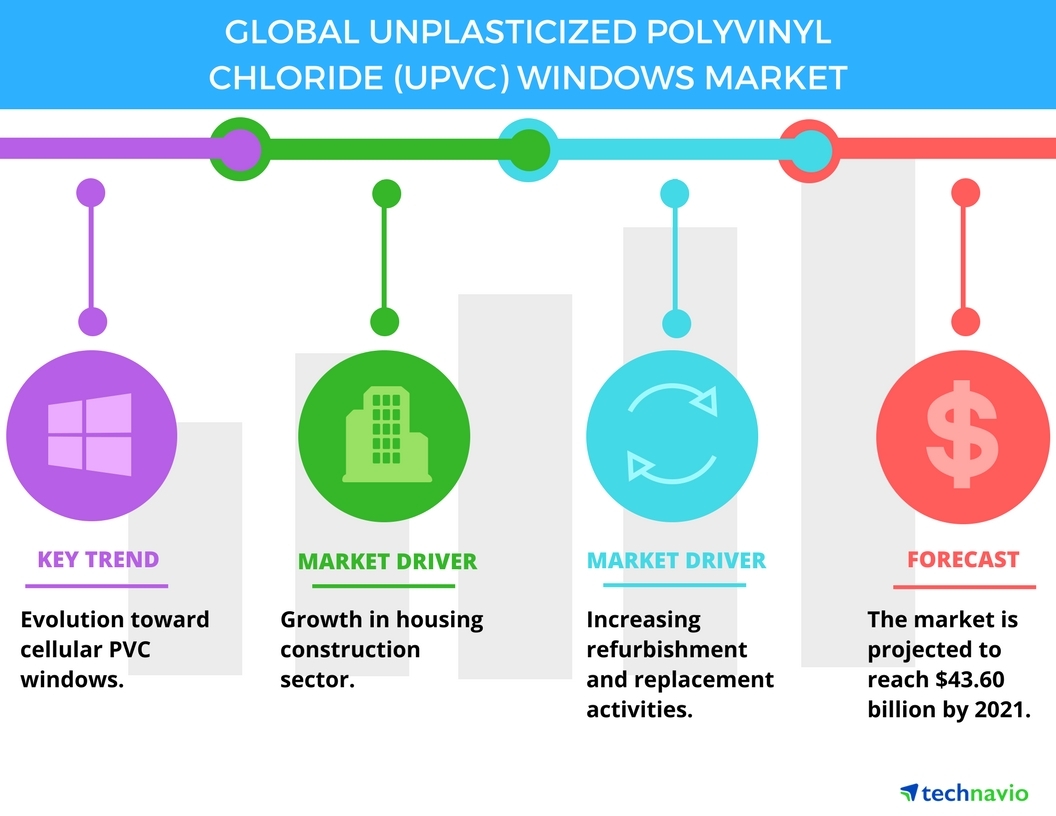Vinyl Chloride Regulations

See the regulations below for more details.
Vinyl chloride regulations. How can exposures be reduced. Vinyl chloride is a chlorinated aliphatic hydrocarbon which occurs as a colourless gas. Because it is a hazardous substance regulations on its disposal packaging and other forms of handling also exist. C employers shall include vinyl chloride in the hazard communication program established to comply with the hcs section 5194.
It may also be referred to as vinyl chloride monomer or chloroethene. 07 10 1990 final rule. Manufacturers convert as much vinyl chloride into pvc as possible to make maximum use of this raw material then apply steam to strip out the remaining vinyl chloride so that levels in the finished vinyl are negligible. Employers shall ensure that each employee has access to labels on containers of vinyl chloride and to safety data sheets and is trained in accordance with the requirements of hcs and paragraph j of this section.
Vinyl chloride is an organochloride with the formula h 2 c chcl that is also called vinyl chloride monomer vcm or chloroethene this colorless compound is an important industrial chemical chiefly used to produce the polymer polyvinyl chloride pvc. Vinyl chloride is regulated in drinking water food and air. Employers shall ensure that each employee has access to labels on containers of vinyl chloride and to safety data sheets and is trained in accordance with the requirements of hcs and paragraph j of this section. 09 21 1989 proposed rule.
There are numerous other synonyms and product names. Regulations strictly limit levels of vinyl chloride in the workplace and in emissions from manufacturing plants. About 13 billion kilograms are produced annually. Occupational safety health administration provides information about exposure limits to vinyl chloride.
Epa decided to regulate vinyl chloride because it has been implicated as the causal agent of angiosarcoma and other serious disorders both carcinogenic and noncarcinogenic. 09 30 1986 final rule. Some regulations and recommendations for vinyl chloride include the following. It has a light sweet odour and is slightly soluble in water.
See the hazardous substances data bank hsdb for more information.


